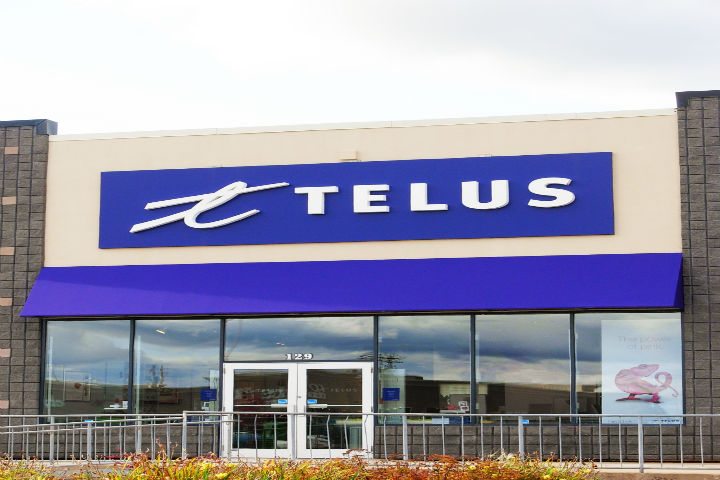In January, Telus said its 5G network had already reached 70% of Canada’s population.
Canadian carrier Telus says it is installing new 3.5 GHz spectrum on its existing 5G wireless network to provide its customers with improved capacity, less delay and faster speeds in Toronto, Montreal, Ottawa, Edmonton and Victoria.
Telus said the installation is part of its larger CAD220 billion ($ 169.2 billion) investment in network infrastructure and operations in Canada since 2000. Telco says it expects to continue to establish its new spectrum in other regions across the country between 2022 and 2023.
Telus noted that its 3.5 GHz spectrum will enable multi-access edge computing (MEC) and Internet of Things (IoT) technologies, which will power important advances in health, agriculture, energy, transportation and manufacturing.
“Telus is committed to driving Canada’s economy forward with world-class broadband infrastructure. Our significant investment in Telus’ 5G wireless network will help address some of society’s most important challenges in education, food security and climate change, “said Tony Geheran, EVP and COO Telus. [3.5 GHz] Spectrum is an important step in unlocking the potential of 5G, especially since it fuels innovation across a variety of industries. We believe that Canada should adhere to international best practices to ensure that spectrum is available as quickly as possible and at an affordable price so that all Canadians have access to the social, environmental and economic benefits that 5G brings, which is why we continue to support responsible, 5G Strategic and predictable regulatory policy as an important opportunity to drive its timely and ubiquitous availability. “
The deployment of this spectrum across Canada will provide 5G internet speeds in rural, remote and indigenous communities. “Using spectrum to support rural connectivity is a key innovation that we are really proud to run. 5G is changing the way we innovate in Canada and will drive economic growth and prosperity for both rural and urban dwellers alike, ”Gehran added.
In January, Telus said its 5G network had already reached 70% of Canada’s population. At the time, Telus said it had connected 744 urban and rural communities to its 5G network, 129 more than initially planned for the full year 2021.
Telus previously chose Samsung Electronics as its 5G network infrastructure provider in June 2020. Telus also said that European vendors Ericsson and Nokia are helping to set up its 5G network.
Last year, the Canadian government raised a total of CAD8.9 billion in the auction of its 3.5 GHz spectrum, which will be used by local carriers to further expand 5G services in the country.
Local operators Rogers, Bell, Telus, Videotron, Xplornet and SaskTel all received 5G licenses at the spectrum auction. Preliminary results show that Bell spent CAD2.1 billion, Rogers CAD3.3 billion and Telus CAD1.9 billion. Vidéotron, owned by Quebecor, has spent a total of CAD830 million to expand its geographical footprint in Canada, not only in Quebec, but also in Ontario, Manitoba, Alberta and British Columbia to purchase licenses.












